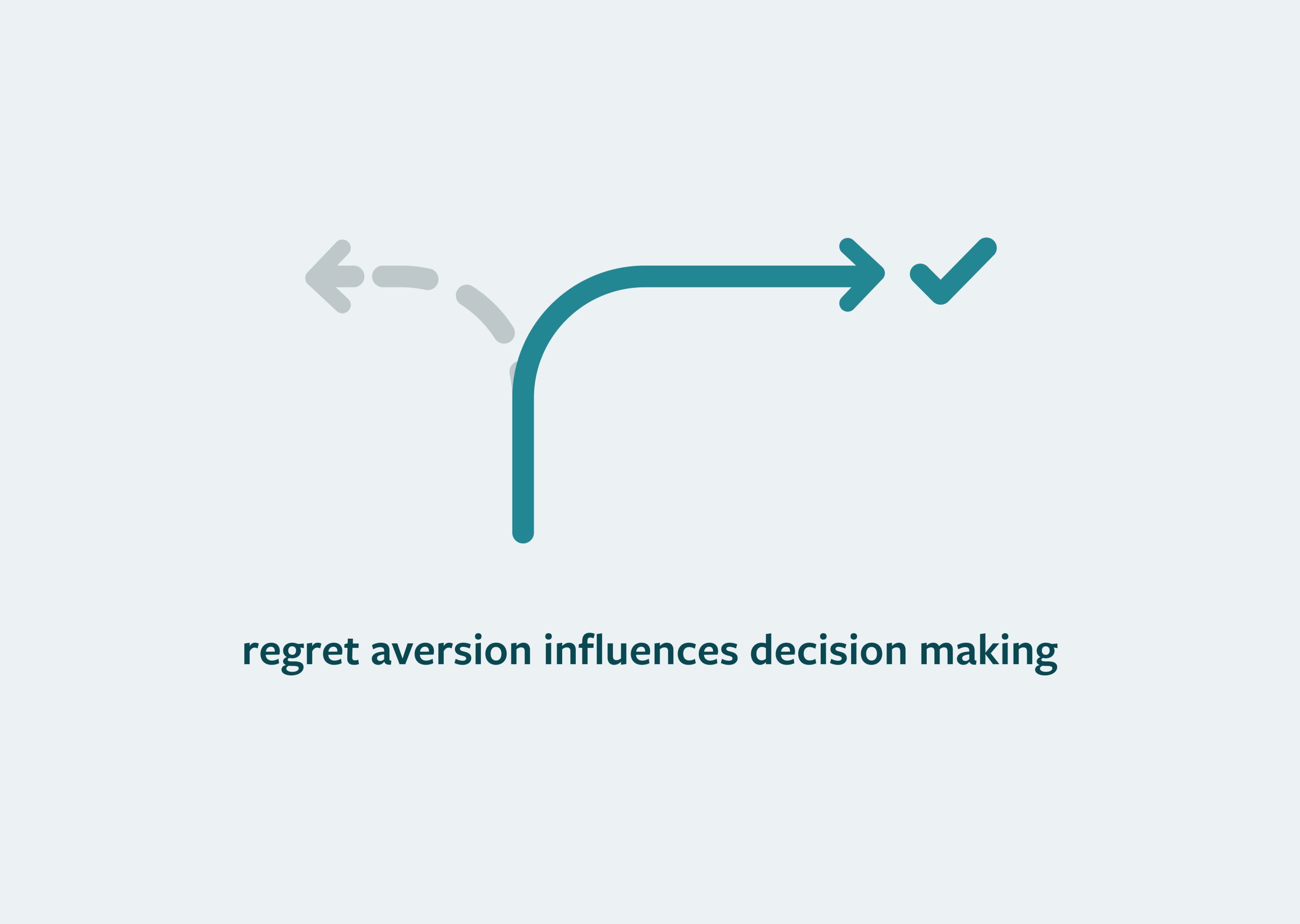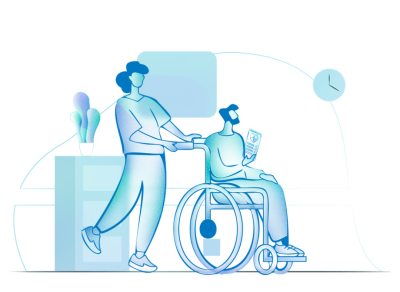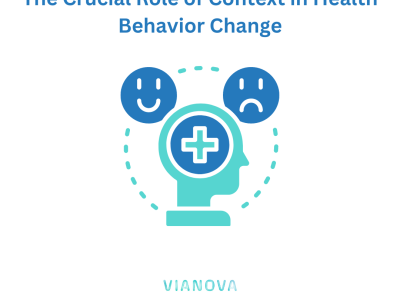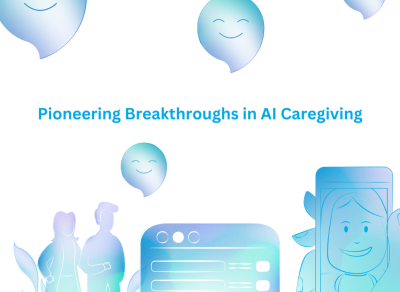
Regret Aversion and Decision-Making: A Closer Look at RPM for Diabetic Patients
In the intricate realm of decision-making, the concept of regret aversion stands as a powerful force that often drives our choices. Rooted in the psychological tendency to avoid future remorse, regret aversion has significant implications for various aspects of our lives. This phenomenon becomes particularly compelling when we examine its impact on individuals managing conditions like diabetes through a Remote Patient Monitoring (RPM) program.
Understanding Regret Aversion:
At its core, regret aversion reflects the human inclination to make decisions that steer clear of potential future regrets. This psychological bias is characterized by a heightened sensitivity to negative outcomes compared to positive ones. As a result, people often choose courses of action that minimize the chances of future disappointment. This is seen when individuals avoid committing to endeavors they anticipate will fail or opt to escape specific circumstances that could lead to remorse.
RPM for Diabetes:
The integration of technology into healthcare has given rise to groundbreaking concepts like Remote Patient Monitoring (RPM). This innovative approach involves using digital tools to track patients’ health conditions remotely, often involving chronic illnesses such as diabetes. Diabetes, a chronic metabolic disorder characterized by high blood sugar levels, necessitates careful management to prevent complications.
In the context of RPM and diabetes, regret aversion takes on a significant role. Patients grappling with this condition are well aware of the potential consequences of inadequate management—ranging from cardiovascular issues to nerve damage and kidney problems. This heightened awareness of negative outcomes due to diabetes-related complications aligns with the principles of regret aversion. Patients may actively make decisions about their lifestyle, medication adherence, and monitoring routines to avoid the future regret associated with preventable complications.
Implications for Decision-Making:
Regret aversion’s impact on decision-making for diabetic patients is multifaceted:
- Commitment Avoidance: Patients with diabetes may actively avoid committing to unhealthy behaviors such as poor diet and lack of exercise due to the anticipation of regret over exacerbating their condition. This aversion to commitment can motivate positive lifestyle changes.
- Proactive Monitoring: The concept of regret aversion encourages patients to be vigilant in monitoring their health metrics. Regular tracking of blood sugar levels, diet, and exercise becomes a way to preemptively avoid the regret that might arise from neglecting one’s health.
- Medication Adherence: Diabetes management often involves a regimen of medications. Regret aversion could play a role in ensuring patients adhere to their medication schedules, driven by the fear of facing health complications caused by poor compliance.
- Treatment Decisions: When faced with treatment options, patients might lean toward those that promise the least regret. They might choose a treatment plan that minimizes the risk of complications, even if it involves some inconvenience.
- Preventing Future Regret: Education and awareness campaigns targeting diabetic patients can leverage regret aversion by highlighting the potential consequences of neglecting proper management. Visualizing regretful scenarios can motivate patients to take proactive steps.
Regret aversion’s influence on decision-making is a fascinating psychological phenomenon with far-reaching implications for various aspects of our lives. When examining its impact on diabetic patients, we witness how this bias shapes choices and behaviors that prioritize long-term well-being. By understanding the intricate interplay between regret aversion and health management, we can foster better decision-making and empower individuals to take control of their health journeys, ultimately minimizing the risk of future remorse.



FEEL FREE TO DROP US A LINE.